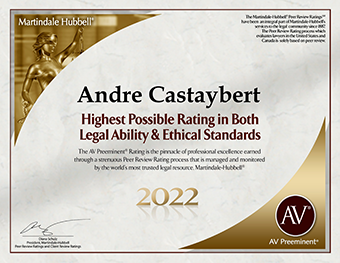November 8, 2022 –
While mediation is an effective dispute resolution tool, timing is key and can make or break the success of the process. At the end of the day, the particularities of a case will determine the right time to mediate.
Because mediation is much cheaper than a full-blown litigation or even discovery proceedings in litigation, early efforts to mediate save money. But mediating early may not make sense if the parties do not yet have a good handle on the facts and legal issues of the dispute and require more detailed pleadings and fact discovery. Accordingly, in many cases, it makes sense to postpone mediation until the parties have exchanged basic pleadings, produced documents, and sometimes even taken key depositions.
In other cases, the parties may wait until the filing of a dispositive motion to mediate. For instance, a defendant may offer mediation after moving for summary judgment. This is most effective when the motion is strong, enabling the defendant to leverage its motion to encourage mediation.
There may also be “bigger-picture” timing concerns for the parties to take into account. The parties should be aware of relevant external issues and circumstances, if any, that exist outside of their immediate dispute: an anticipated regulatory announcement, an upcoming financial obligation, or a pending case that addresses the subject matter of the dispute, for example, may militate in favor of an earlier mediation.
Although the right time to mediate can vary, parties should always consider what they know about the opposing side’s position, the parties’ differing perspectives regarding the strength of their case based on evidence collected in discovery, and external business or reputational factors that may militate in favor of a prompt mediation.
CASTAYBERT PLLC has extensive experience representing clients and participating as an effective advocate for clients in commercial mediation. To see how CASTAYBERT PLLC can assist you in mediation, click here.







